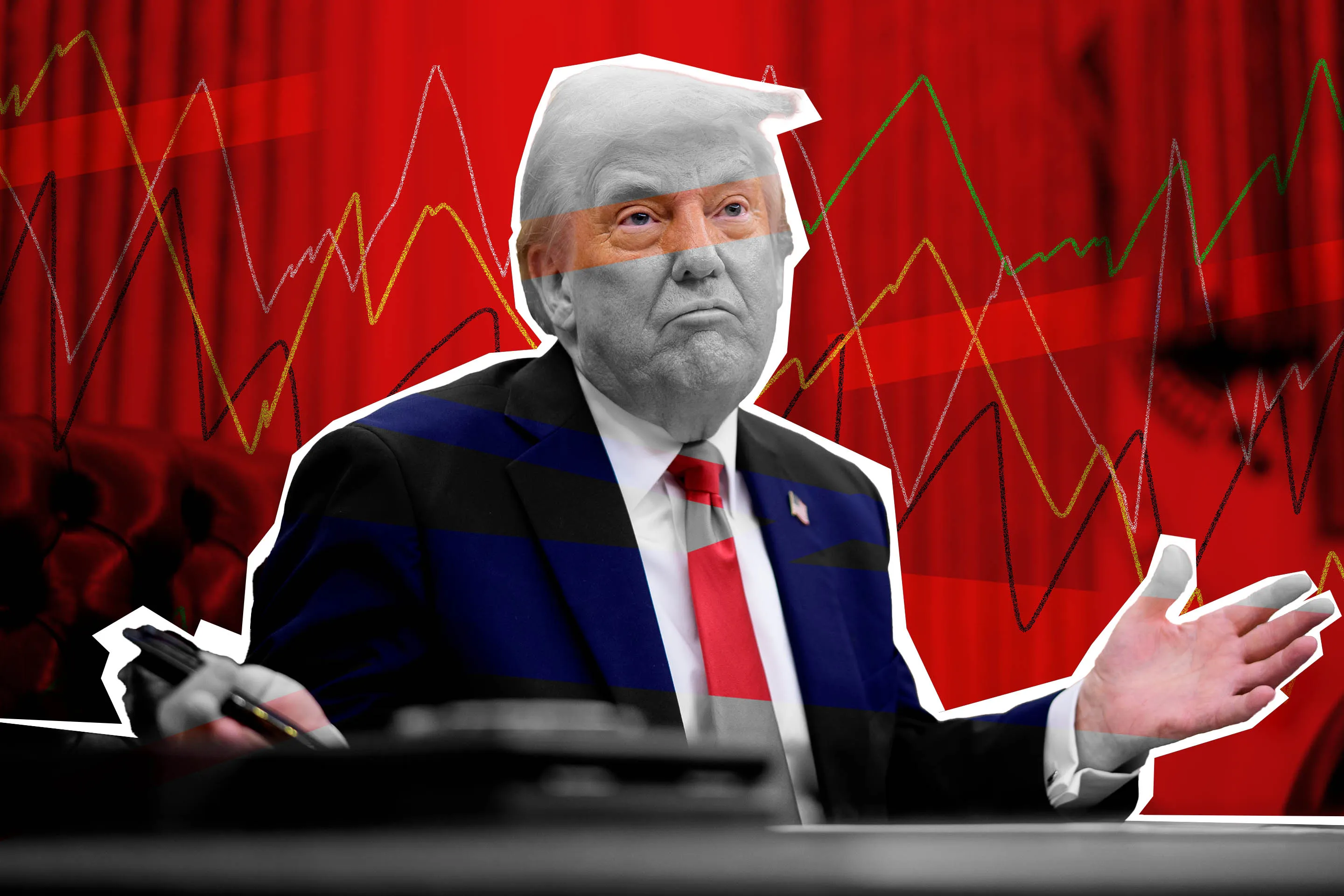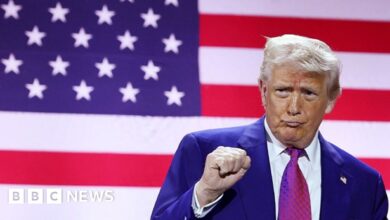How Trump’s New Tariff Announcement Could Affect Your Money

President Donald Trump’s implementation of baseline tariffs on imported goods has caused a ripple effect throughout the U.S. economy. The initial announcement led to a turbulent few weeks, with the Dow experiencing significant fluctuations in response to the news. Despite the president’s claims of increased revenue, official records indicate a more modest figure.
The Bureau of Labor Statistics reported a decrease in gross domestic product in the first quarter of 2025, reflecting the impact of the tariffs. Trump’s tariff policies have been a focal point since his 2024 campaign, aimed at revitalizing American manufacturing jobs. However, the rollout of tariffs has been marked by uncertainty and adjustments.
The ongoing tariff negotiations have left many Americans concerned about the potential impact on their finances. The looming question of price increases and the overall economic impact has created anxiety among consumers. Here are four key takeaways from the ongoing tariff discussions:
1. Higher Prices: Experts predict that Trump’s tariffs will likely result in increased prices as businesses pass on higher costs to consumers. The average household could see an additional cost of $4,900 due to the tariffs. This could lead to budget constraints and increased reliance on credit for some individuals, particularly those with lower incomes.
2. Internal Debate on Necessities: Companies are exploring substitute goods and price elasticity to determine how to adjust prices in response to the tariffs. Consumers may need to reconsider their purchasing decisions and evaluate alternatives as prices fluctuate. Personal preferences and financial situations will play a significant role in these decisions.
3. Job Anxiety: The uncertainty surrounding the tariffs has created job insecurity for many industries. Companies may delay investments and hiring decisions due to the unpredictable nature of the market. While the current unemployment rate remains relatively low, the long-term effects of the tariffs on employment are uncertain.
4. Focus on Controllable Factors: While the future economic landscape may seem uncertain, it is essential to focus on factors within your control. Maintaining a long-term perspective and avoiding impulsive financial decisions is crucial during times of market volatility. Building an emergency fund and prioritizing financial stability can help individuals navigate economic challenges.
In conclusion, the ongoing discussions surrounding Trump’s tariffs have highlighted the interconnectedness of global economies and the potential impact on individual finances. By staying informed and focusing on controllable factors, individuals can better navigate the uncertainties of the market.





